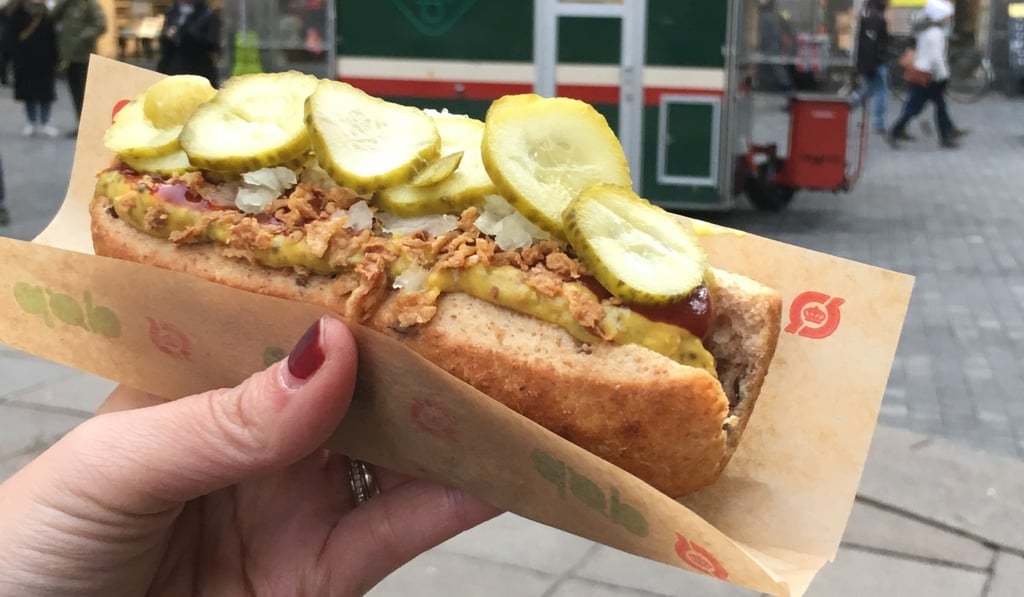Scandinavia, where even the fast food is slow, and respect for ingredients is paramount
- From one of the world’s best burger stands to some of the world’s best restaurants, Sweden and Denmark offer visiting foodies some impressive choices
- There’s an emphasis on local game, seafood, fruit and vegetables, seasonal menus, and a respect for the traditions of preserving, salting and fermenting

The highlights of a recent food trip to Sweden and Denmark ranged from vegan hot dogs and vegetarian burgers bought from street stands to several places on the list of the World’s 50 Best Restaurants (W50 Best). Different as they all were, they offered insights into the way Scandinavians prepare and eat their food.
The meat of wild game such as deer, elk, reindeer and bear features on menus alongside seafood and pickled and fermented vegetables. Even what is considered fast food is made with care in these countries – minced patties and pulled pork are all handmade, and seasoned and cooked to order.
More than 20 years ago, the Swedish coffee company Lofbergs, founded in 1906, introduced organic coffee to Sweden and was a pioneer in the use of aluminium-free packaging. Sara Sundquist, policy expert at the Swedish Food Federation, says the trade body is an advocate of sustainable and ethical animal husbandry, energy use, and handling of food waste.

“Vegan options in Sweden are definitely part of the global trend, but [they] also [stem] from concerns about animal welfare and climate change. In Sweden, the cows are all grass-fed and a crucial part of keeping our land open is to ensure biodiversity on the fields and to fertilise the crops,” says Josefin Jackson, a Swedish agronomist and rural planner.